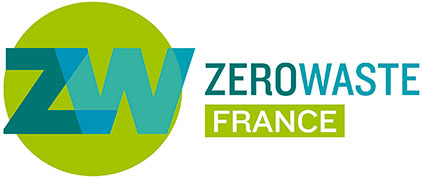Plastic and disposable products : overview of the existing and upcoming bans
This exercise is complex because for the past five years, as a reaction to the plastic pollution crisis, several regulations creating bans on disposable goods have been implemented in France and Europe, with fields of application and dates of entry that were more or less ambitious. Laws came one after another: the law on energy transition and green growth (2015), the law for the restoration of biodiversity (2016), the law on agriculture and food (2018), the European directive on disposable plastic (2019) and the law against waste and for a circular economy, that should be passed at the beginning of 2020. Some of the bans that are contained in these laws are also mentioned in decrees and implementing orders defining their field of application or listing possible exemptions.
Therefore, it is often necessary to read the small print to know which products are actually banned. For instance, disposable plastic bags have been banned in France since 2017, but they are authorized if their thickness exceeds 50 micrometers because they are considered as reusable in this case (although they are thrown away after a single use more often than not). Likewise, bioplastic bags that are compostable and partially made with bio based materials are exempted.
Another emblematic example is that of plastic cups, which have been banned since January 1st, 2020. The implementing decree defining the conditions of this ban restricts it to the cups that are not viewed as « packaging » in the European legal sense of the word, that is to say the empty cups that are sold in supermarkets (the cups in coffee machines for instance remain authorized).
These multiple exemptions and precisions in the definitions encourage substitution effects (and even deliberate circumventions): from a plastic disposable good to another disposable good which composition is slightly different (« bioplastic », cardboard-plastic combination…), but whose environmental impact is not necessarily lower.
However, we can be pleased by the fact that the latest regulations in terms of bans increasingly take into account the necessity to encourage the substitution of disposable plastic goods by reusable ones. Therefore, it is true that the French laws of 2015 and 2018 systematically created exemptions for « compostable » plastic goods, but almost all of these exemptions will be abolished in 2021 with the 2019 European directive and the 2020 French law against waste. Likewise, cardboard plates containing a plastic film will be banned in 2021, thus joining the plates that are 100% composed of plastic, and whose ban has been planned for a long time.
Finally, the 2020 law against waste implemented new bans that no longer concern disposable plastic goods themselves but the use for which these disposable products (be them in plastic or something else) are particularly problematic and/or can be easily replaced by reusable products. For instance, this is the case for the law aiming at making reusable packaging and tableware compulsory for onsite meals in eating establishments.
See the legislation overview